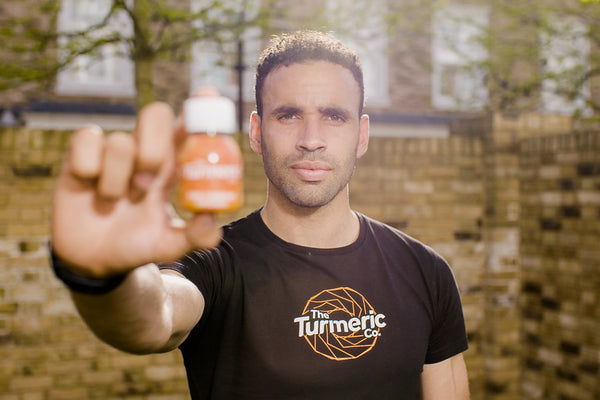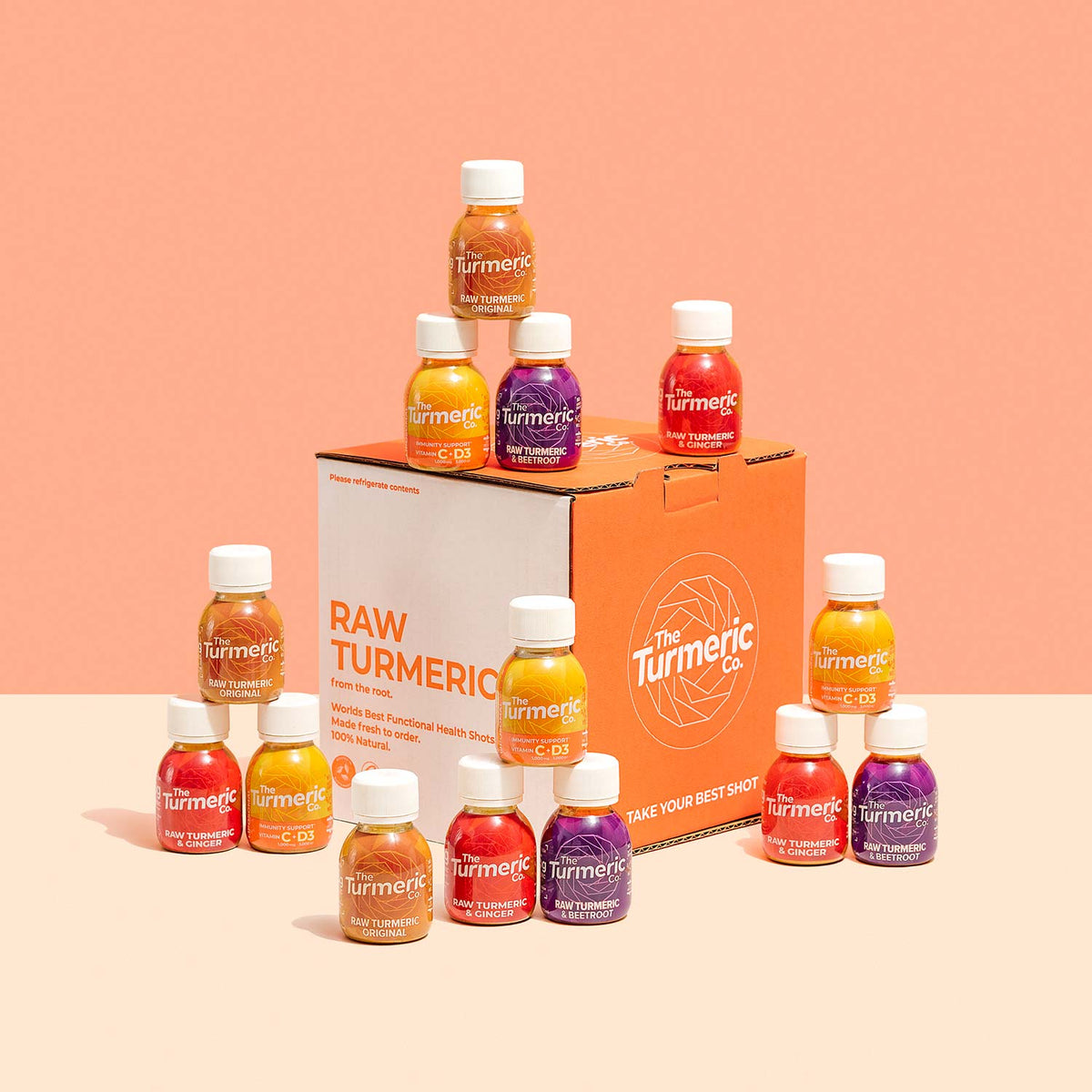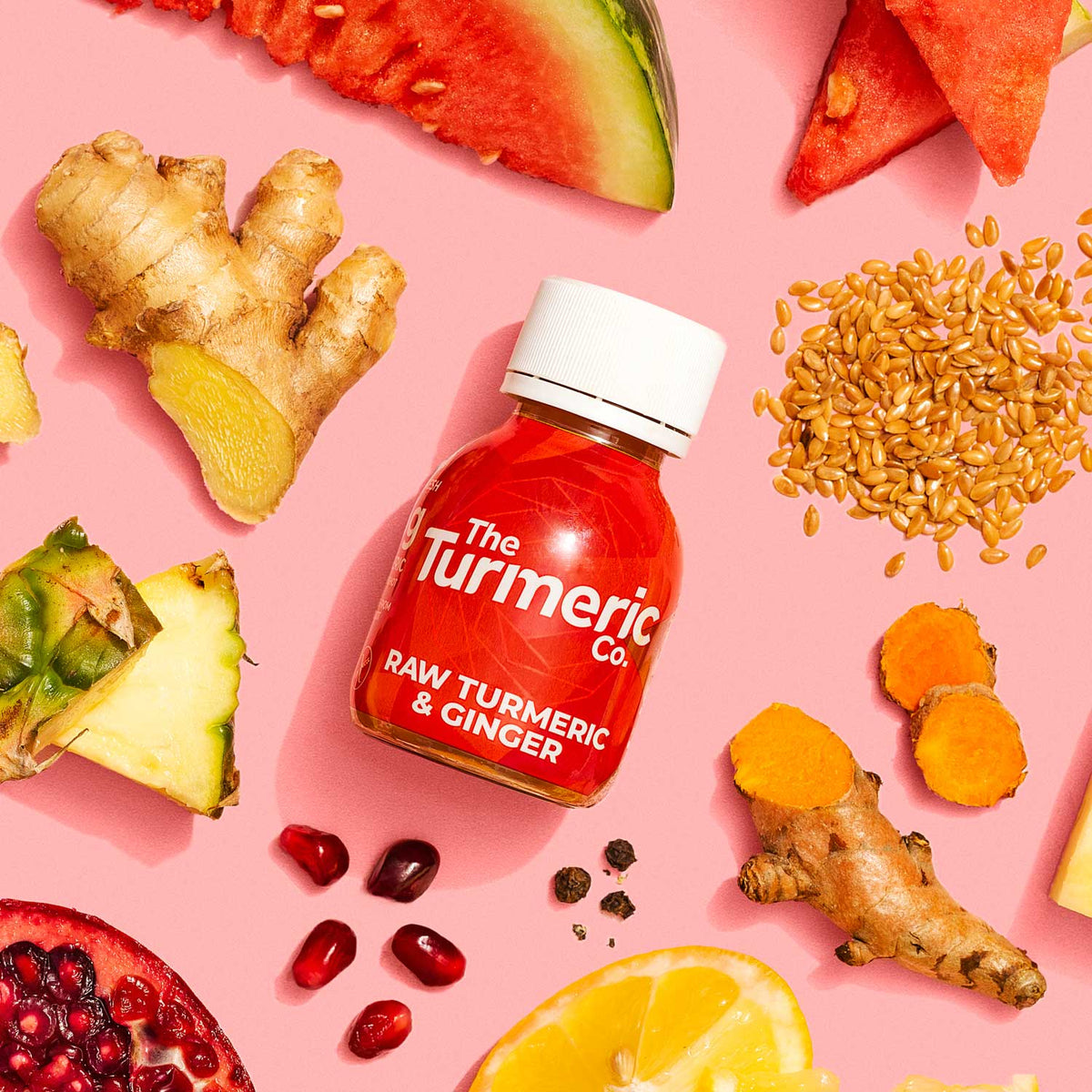In recent years, turmeric has gained significant attention as a potential natural remedy for a wide range of health conditions, including cancer.
Used in traditional medicine for centuries, particularly in Ayurveda and Chinese medicine, turmeric’s active ingredient, curcumin, has demonstrated a variety of promising health benefits in scientific research.
But how strong is the evidence linking turmeric to cancer prevention or treatment?
This blog explores the current scientific understanding of turmeric’s role in cancer, separating facts from fiction.
What is turmeric and why is it important?
Turmeric is a spice derived from the root of the Curcuma longa plant. Its primary bioactive compound, curcumin, is responsible for most of its therapeutic effects. Curcumin has been studied extensively for its anti-inflammatory, antioxidant, and anticancer properties.
Chronic inflammation and oxidative stress are two major risk factors for cancer development. Curcumin’s ability to combat these processes has sparked interest in its potential as a complementary treatment in oncology.

Curcumin and cancer prevention
Curcumin’s role in cancer prevention is well-documented in preclinical studies.
Research suggests that curcumin can:
-
Reduce inflammation: Chronic inflammation creates a favourable environment for cancer cells to grow. A study published in Cancer Prevention Research found that curcumin suppresses pro-inflammatory pathways, such as NF-κB signalling, which are associated with tumour progression (Aggarwal & Sung, 2009).
-
Neutralise free radicals: As an antioxidant, curcumin scavenges harmful free radicals that can damage DNA and lead to cancer. In a 2024, researchers highlighted curcumin’s capacity to enhance the body's antioxidant defence system, reducing the risk of cellular mutations.
-
Inhibit carcinogenesis: Curcumin has demonstrated the ability to interfere with all three stages of cancer development: initiation, promotion, and progression. Preclinical studies show that curcumin can block carcinogens and prevent cells from becoming cancerous (Gupta et al., 2013).
Curcumin in cancer treatment
While evidence for cancer prevention is promising, curcumin’s role in cancer treatment is more complex.
Laboratory and animal studies have revealed several mechanisms by which curcumin may help inhibit cancer cell growth.
Some key mechanisms include:
-
Inducing apoptosis (cell death): Cancer cells avoid self-destruction, which lets them grow and spread without control. Curcumin can help by activating self-destruction in these cells through different molecular pathways. A study published in Frontiers in Oncology reported that curcumin enhances the activity of tumour suppressor genes, thereby inducing programmed cell death.
- Inhibiting angiogenesis: Tumours require a blood supply to grow and spread. Curcumin has been shown to inhibit angiogenesis (the formation of new blood vessels) by downregulating vascular endothelial growth factor (VEGF), according to research published in Molecular Cancer Therapeutics.
- Preventing metastasis: Metastasis, the spread of cancer to other parts of the body, is a leading cause of cancer-related mortality. Curcumin has demonstrated anti-metastatic properties by inhibiting enzymes and signalling pathways that promote cancer cell migration and invasion.

Clinical trials: what do they show?
Laboratory findings have paved the way for human trials with curcumin, which are beginning to offer encouraging insights. One key challenge researchers faced was curcumin’s low bioavailability - it is poorly absorbed, metabolised quickly, and rapidly eliminated from the body.
However, through innovative approaches, scientists have made significant strides in improving curcumin’s delivery.
Techniques such as combining curcumin with piperine (found in black pepper) and developing curcumin nanoparticles have shown promise in increasing absorption.
As a result, clinical trials have started to demonstrate positive outcomes:
-
Colorectal cancer: A clinical trial found that patients with colorectal cancer who received curcumin supplementation experienced a reduction in tumour size and markers of inflammation.
-
Breast Cancer: In a 2022 study, researchers observed that curcumin supplementation alongside conventional chemotherapy improved the treatment response in patients with breast cancer. Results showed reduced drug resistance and enhanced the cell-killing effects of chemotherapy.
-
Prostate Cancer: A pilot study published in Cancer Therapy & Oncology International Journal reported that curcumin supplementation in men with prostate cancer led to a decrease in prostate-specific antigen (PSA) levels, a marker of disease progression.
These studies suggest that curcumin may help improve the effectiveness of standard treatments like chemotherapy and radiation when used alongside them.
What are the challenges and limitations?
Despite its potential, there are several limitations to curcumin’s application in cancer prevention and treatment.
Low bioavailability
As mentioned earlier, curcumin is not easily absorbed. Research is ongoing to develop formulations that improve its bioavailability.
One promising innovation is The Turmeric Co.'s BioMax Uptake Blend®, which enhances curcumin absorption by delivering it in a nutrient-rich matrix designed for optimal uptake and sustained release in the body. This formulation allows for more efficient delivery of curcumin's active compounds to target tissues.
Dosage uncertainty
While preclinical studies often use high doses of curcumin, determining the optimal dosage for humans remains unclear.
Interestingly, two separate research papers examined the effects of different daily turmeric doses. One study, published in Frontiers in Nutrition, found that supplementing with 70mg of raw turmeric per day led to a noticeable reduction in inflammation.
In contrast, another study published in Nutrients found that participants consuming 18g of raw turmeric per day did not experience a reduction in inflammation.
Whereas the 70mg dosage of raw turmeric root in a bioavailable shot format proved more effective for handling inflammation, more research is needed to explore the impact that dosage has on cancer.
Lack of large-scale trials
Many clinical studies on curcumin have been small or preliminary. Larger, well-designed trials are needed to confirm its efficacy and safety.
What does the future hold for curcumin research?
Scientists are optimistic about curcumin’s future in oncology.
Research efforts are focused on enhancing curcumin’s bioavailability and understanding its interactions with other cancer treatments. Nanotechnology, for example, is being explored to create curcumin-based drug delivery systems that can target tumours more effectively.
Additionally, curcumin’s safety profile makes it an attractive candidate for long-term use. Unlike many synthetic drugs, curcumin has few serious side effects, making it suitable for use as a complementary therapy.

Turmeric, particularly its active compound curcumin, shows significant promise in cancer prevention and treatment, though further research is needed to fully understand its potential.
Current evidence suggests that curcumin can reduce inflammation, neutralise free radicals, and inhibit tumour growth. However, challenges related to its absorption and clinical application remain.
Incorporating turmeric into your diet may enhance overall health and well-being. Remember - what you eat can truly transform how your body functions, influencing everything from your immune response to how your body heals and recovers.
Those considering curcumin supplements should consult a healthcare professional, especially if undergoing cancer treatment.
As science advances, curcumin could one day become a key part of integrative cancer care. Until then, ongoing studies will continue to uncover its potential to combat one of the world's toughest diseases.

The Hal Robson-Kanu Guide To Fitness & Nutrition
Gain exclusive insight into habits that will make every day a healthy and fulfilling one.













